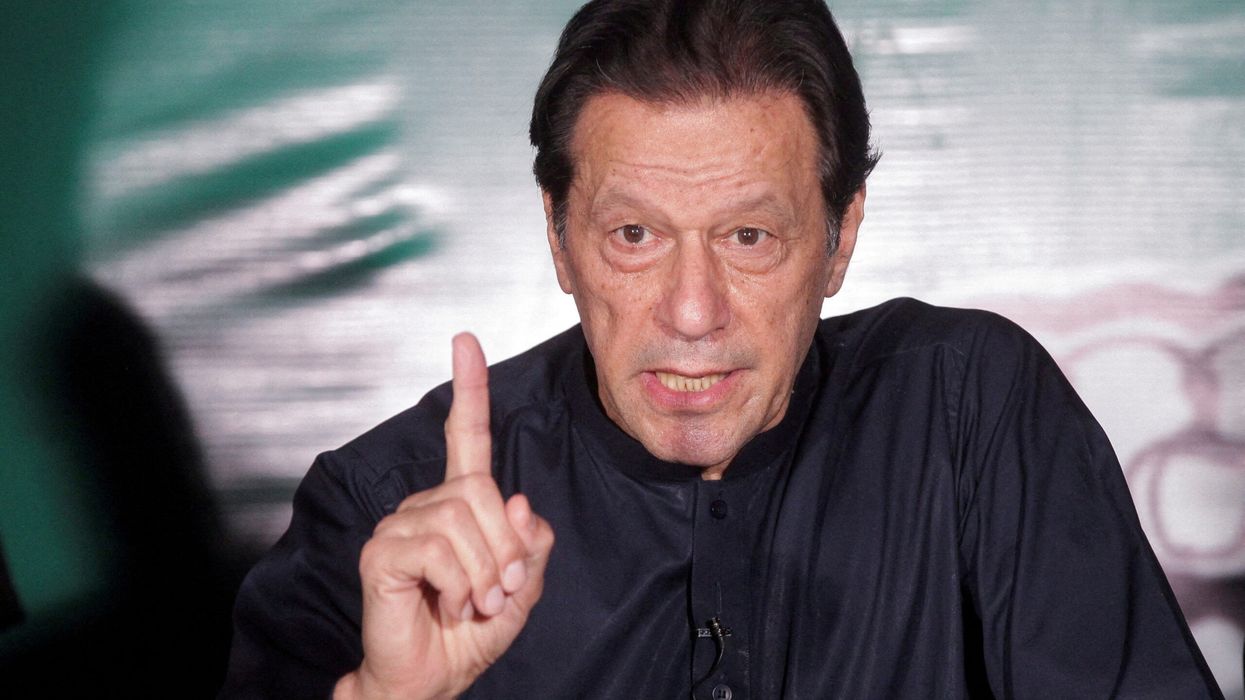FORMER Pakistan prime minister Imran Khan, currently in jail facing myriad charges, was replaced last Saturday (2) as head of the Pakistan Tehreek-e-Insaf (PTI) party he founded, officials said.
A video showing barrister Gohar Khan announcing his nomination was released by the PTI last week and he was named as the party chair over the weekend.
The party needs a new chairman to hold intra-party elections as Khan, being a convict, cannot contest for that slot.
Khan was ousted last year in a vote of no confidence brought by a coalition headed by two long-established parties and has been locked up since August while awaiting trial in several cases, including an allegation of leaking state documents. Khan said the allegations are rigged to keep him from contesting elections next year. “This is a temporary arrangement,” said Syed Zulfiqar Bukhari, PTI’s media spokesman.
The change was forced after the Election Commission of Pakistan warned PTI in November they risked losing their emblem - a cricket bat - unless an internal ballot was held for party officers.
Election symbols are crucial in a country where the adult literacy rate is just 58 per cent, according to World Bank data.
“A PTI supporter will vote for the election symbol, for Imran Khan,” political analyst Hasan Askari Rizvi said last Saturday. “He (Khan) remains the moral leader of the PTI.”
Also last Saturday, a hearing into a graft case Khan faces at a special court inside the jail where he is held was adjourned, with his lawyers protesting that media had been barred despite another judge ordering the trial to be open.
Khan launched the PTI in 1996, failing to win a single seat in an election the next year, but went on to become the biggest bloc in the National Assembly following the 2018 vote, propelling him to the premiership. However, PTI is struggling against a crackdown, with leading figures either jailed or forced to leave the party.




